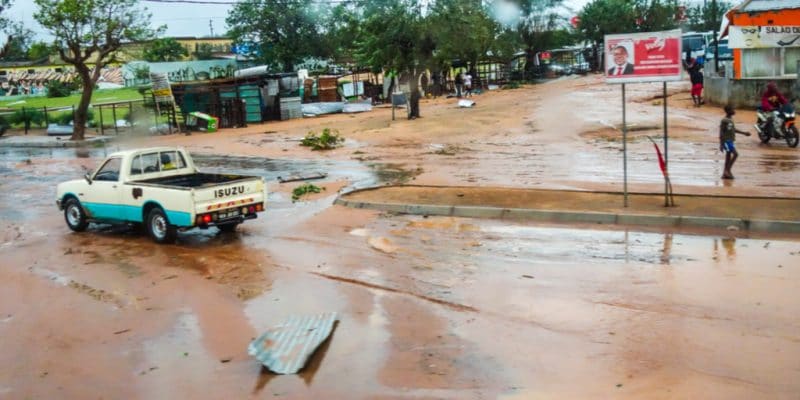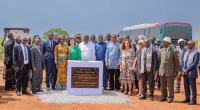The African Development Bank has set up an ad hoc disaster risk financing programme in Africa entitled ADRIFI. It is the Bank's first-ever climate risk management programme to strengthen the capacity of 54 African countries to combat the effects of climate change.
The African Development Bank (AfDB) approved the launch of ADRIFI, Africa Disaster Risks Financing, on October 26, 2018. The programme will enable countries, as regional members of the Bank, to prevent and better respond to disasters, revisit national and subnational adaptation measures to protect the environment and strengthen their capacity to assess the risks and expenditures associated with climate change. ADRIFi also aims to facilitate access to financing for countries in need of assistance in the sector. For Atsuko Toda, Director of Agricultural Finance and Rural Development at the AfDB, “This programme is an important step to reduce the exposure and vulnerability of African countries. It will create a mechanism to cushion, adapt to and recover from climate shocks.” The first phase of the programme will take place between 2019 and 2023. Nine countries have already indicated their interest in the programme. These are Burkina Faso, Chad, Madagascar, Mauritania, Mali, Niger, Senegal, Malawi, Gambia and Madagascar. ADRIFI is part of the AfDB’s Second Action Plan for Climate Change (2016-2020). Its estimated cost is $3 million.
In the field, the programme will facilitate the creation of disaster response mechanisms. The bank’s estimates show that this preventive approach will result in savings. In other words, “each dollar spent on interventions under this program will save $4.40 in post-disaster relief measures deployed six months after the disaster” as the AfDB points out.
The challenges of climate finance in Africa
The effects of climate change in Africa are legion. According to a study by the Centre for Strategic Studies of Africa, by 2050 “fish catches off West Africa are expected to fall by 50% due to rising ocean temperatures”. The same document points out that southern Africa is experiencing the worst drought in 50 years and that Zimbabwe’s maize harvest declined by 35% in 2015. Since 1992, 82% of the Mount Kilimanjaro ice cap has disappeared, draining several areas at the base of the mountain. These and other data make Africa the continent most vulnerable to climate change. Yet, says Atsuko Toda, “disaster risk management suffers from insufficient funding and difficulties in using available funds”.
Luchelle Feukeng







